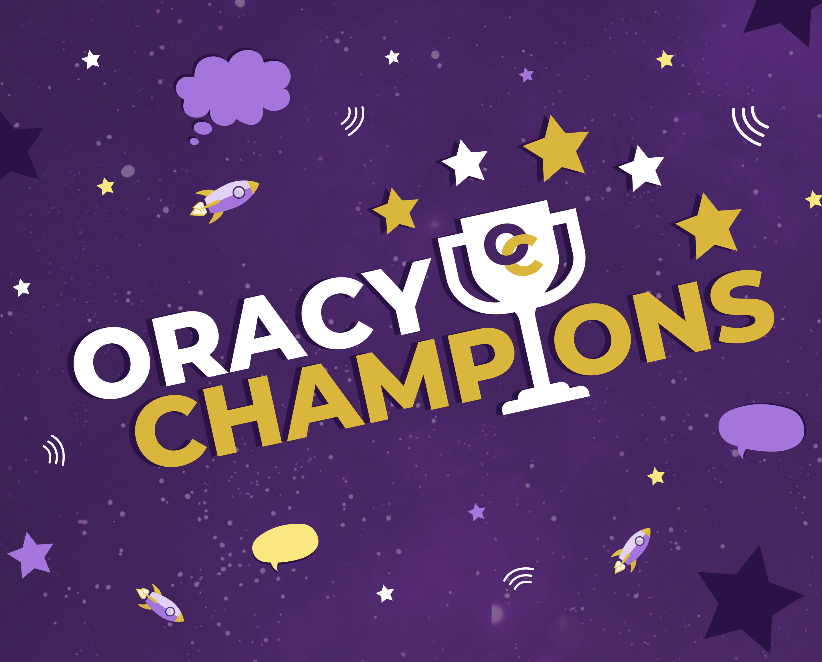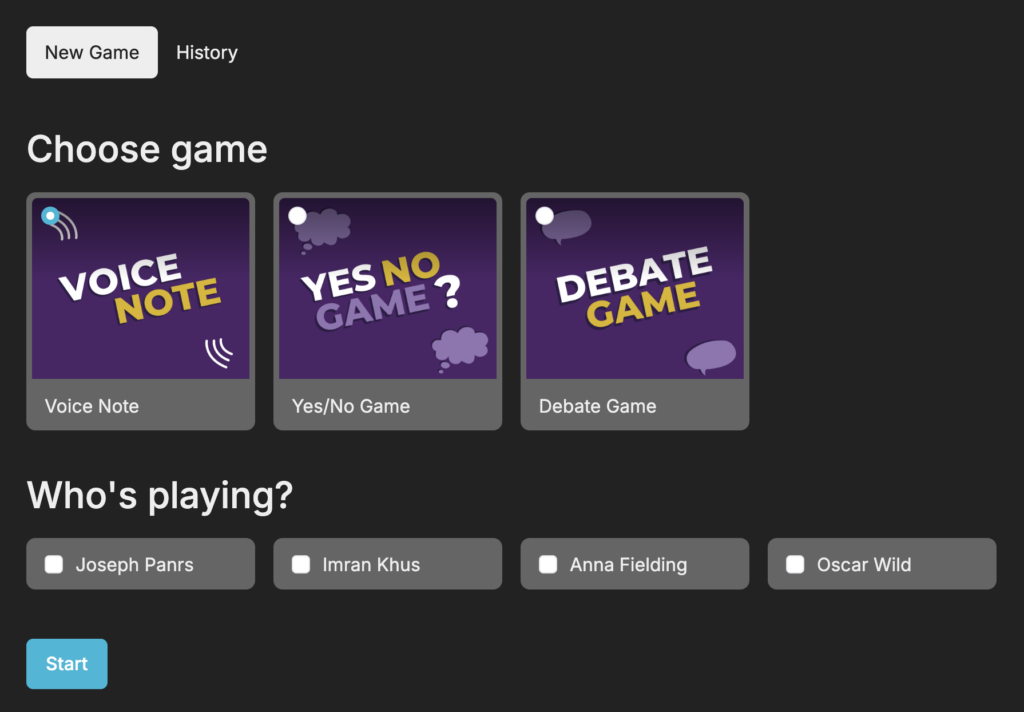
The pandemic disrupted almost every aspect of education, but its impact on children’s oracy skills—speaking and listening—has been particularly concerning, especially in the early years. For too long, the focus in schools has been on reading and writing. While literacy is undoubtedly important, the ability to communicate verbally, to express ideas clearly, and to engage in meaningful conversations has been largely overlooked. Now, there is growing recognition that this imbalance needs to be addressed, and oracy is beginning to take a more central role in the curriculum, particularly with the UK government signalling a shift in education policy.
During the pandemic, children were forced into isolated learning environments, where opportunities for speaking and listening were severely limited. Many young learners missed out on crucial stages of social and linguistic development. A report by the Education Endowment Foundation (EEF) found that children in the early years experienced significant setbacks in speech and language development, with nearly half of surveyed schools reporting an increase in the number of children needing support with speaking skills since the pandemic.
This issue has now been recognised by political leaders. Keir Starmer has spoken about how the pandemic has exacerbated long-standing inequalities in education, with oracy skills being a key area of concern. “We’ve seen a clear gap in children’s ability to communicate effectively, particularly among those from disadvantaged backgrounds,” Starmer stated in a recent speech. “This is something we must address if we are serious about levelling up education across the country.”
Bridget Phillipson, the new Secretary of State for Education, has also acknowledged the importance of oracy and is advocating for a more holistic approach to early years learning. In a recent interview, Phillipson said, “For too long, we’ve focused on reading and writing as the primary indicators of success in early education. But speaking clearly, listening attentively, and engaging in meaningful dialogue are just as important—both for academic success and for life outside the classroom. We need to ensure that oracy skills are nurtured as carefully as literacy skills.”
The government is now signalling a shift in education policy to address this. The Department for Education has announced plans to update the national curriculum, placing a greater emphasis on speaking and listening skills from the early years through to secondary school. These changes aim to give children more opportunities to develop their communication skills, recognising that strong verbal abilities are linked not only to academic achievement but also to better mental health, improved job prospects, and greater civic participation.
A new focus on oracy is not just about catching up after the disruption caused by COVID-19; it’s about acknowledging that communication is a fundamental life skill, one that should be at the core of education. As Bridget Phillipson noted, “Oracy education isn’t a ‘nice-to-have’—it’s essential. If we want to prepare our children for the challenges of the future, we must ensure they leave school not only literate but articulate.”
This shift in policy represents a crucial moment for the future of education in the UK, and platforms like OracyChampions.com are set to play a vital role in equipping the next generation with the skills they need to communicate confidently and effectively in a post-pandemic world.

OracyChampions.com is a simple tool with a powerful idea behind it: helping kids find their voice. We’ve all been there—those awkward silences in classrooms, the struggle to articulate an idea, the fear of speaking up. OracyChampions is designed to change that by giving students a platform to develop the one skill that’s foundational to everything else: communication.
The platform isn’t complicated. It doesn’t need to be. Teachers can set up oracy challenges, record voice notes, and track progress all in one place. But what really matters is the impact. You’ll see kids who once hesitated to participate suddenly take ownership of their thoughts. You’ll hear voices you didn’t even realize were there, stepping up and sharing ideas confidently.
This isn’t just about getting better grades or passing exams; it’s about preparing students for life. Whether they’re speaking in a group project, presenting to a room of peers, or explaining their thoughts clearly in everyday conversations, OracyChampions equips them with the communication skills they’ll need long after they’ve left the classroom.
At its core, OracyChampions is about creating more meaningful interactions. It’s not about making communication a separate subject but integrating it across everything we teach. Every topic, every discussion, every debate becomes a chance to practice speaking and listening—a chance to grow.
And the best part? It works with the tools teachers are already using. Chromebooks, iPads, you name it—OracyChampions fits right in, giving students and teachers an easy way to bring oracy into the heart of education without adding complexity. It’s learning by speaking, plain and simple.
